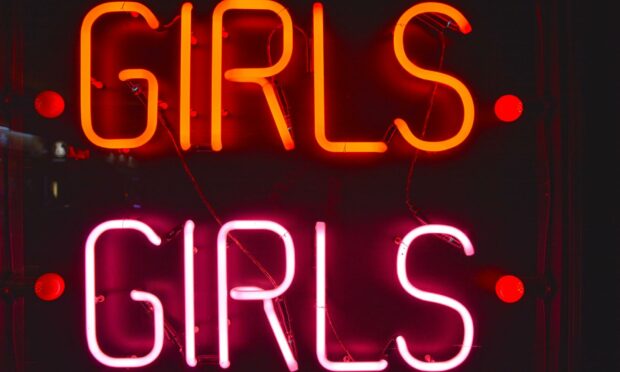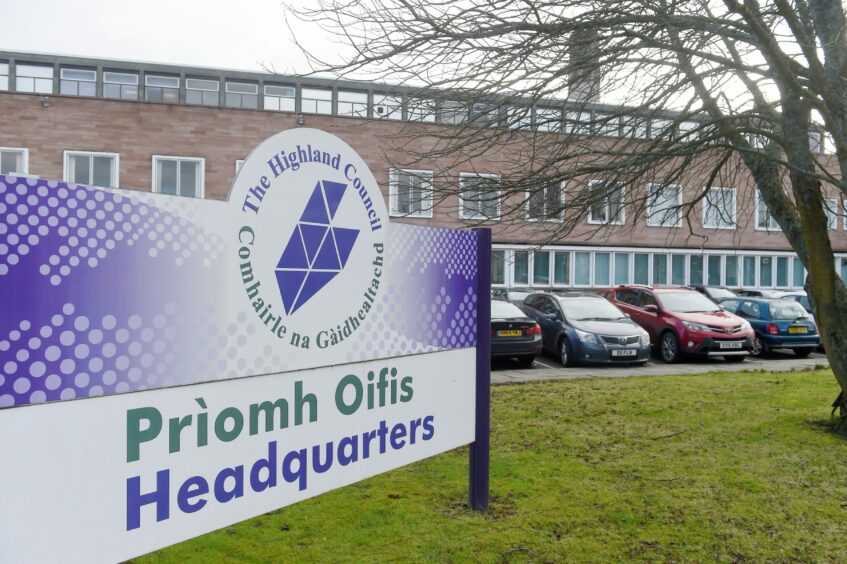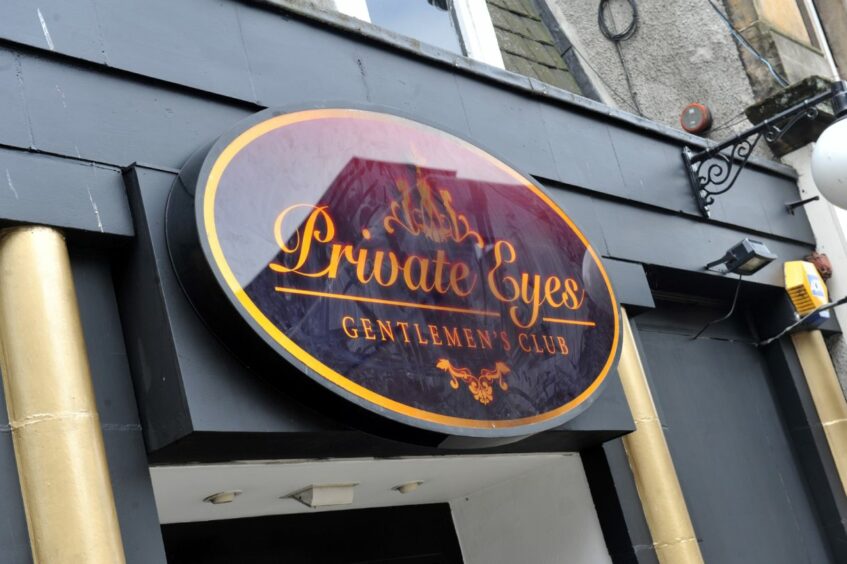NHS Highland and a leading women’s group have slammed Highland Council’s draft policy on sex entertainment venues.
Highland Council does not plan to limit the number of sex entertainment venues (SEVs) that can operate in the region.
The draft policy went out to public consultation last month.
However, it attracted a blistering response from NHS Highland and the Highland Violence Against Women Partnership (VAWP).
Both organisations emphasised that the council “has the power” to effectively put an end to strip clubs and other SEVs.
They want the council to set the maximum number of SEVs to zero.
This would introduce a presumption against granting permission for any new venues.
However, other consultees were satisfied with the draft SEV policy, including the police.
At odds with public health
In a lengthy written response, NHS Highland’s public health team said:
“It is not too late for council to lead, be innovative and seize the opportunity to provide a clear message in Highland that all genders are equal, respected, and should thrive and live in safety.”
The NHS team believes sex entertainment venues are at odds with national public health priorities.
They claim that verbal, physical and sexual harassment and assault of lap dancers is “standard and constant” and includes GBH and gang rape.
It describes lap dancers being bottled, and “drunk, half naked dancers dumped in the street”.
The letter further states that prostitution and trafficking are not uncommon, and one-third of men who buy sex do so at strip clubs.
‘One third of lap dancers have experienced domestic violence’
The Highland VAWP also highlight a series of upsetting statistics.
They say that one-third of lap dancers have experienced domestic violence and two-thirds of lap dancers were raped as children.
Many clubs don’t pay dancers upfront. Instead, dancers pay house fees of up to £200, which they often struggle to recoup.
“Highland Council has been handed the opportunity to stop such degrading and humiliating acts from taking place in Highland,” they write.
Both NHS Highland and Highland VAWP say the council’s decision not to set a cap is at odds with the first public consultation.
The majority of the public – 65% – supported a cap, with 15% saying it should be zero.
Driving the industry underground
However, not all responses to the public consultation were so strongly opposed.
The police didn’t raise any concerns, and their human trafficking expert welcomed some of the safeguards.
Under the draft policy, SEVs must provide an information pack to all performers.
This will include details of how to report a crime, support and counselling services, and codes of conduct.
There is only one SEV currently operating in Highland: Private Eyes in Inverness.
In the first public consultation, United Voices of the World – which represents performers – said licensing helps to protect workers and drive better conditions.
And last month, performers warned Edinburgh councillors that setting a ‘zero’ cap could drive the industry underground.
Time for a U-turn?
The Highland licensing committee previously agreed to start a licensing regime to provide that protection.
However, they stopped short of setting a cap because they wanted to consider each application on a case by case basis.
When councillors meet on Monday, they will face a difficult decision on whether to stick with their plan, or heed the public health warnings.
The council report sets out a stark challenge from Highland VAWP:
“Failing to set the maximum to zero sends out a message that the sexual entitlement of men takes precedence over the equality, safety and wellbeing of women and girls.”


